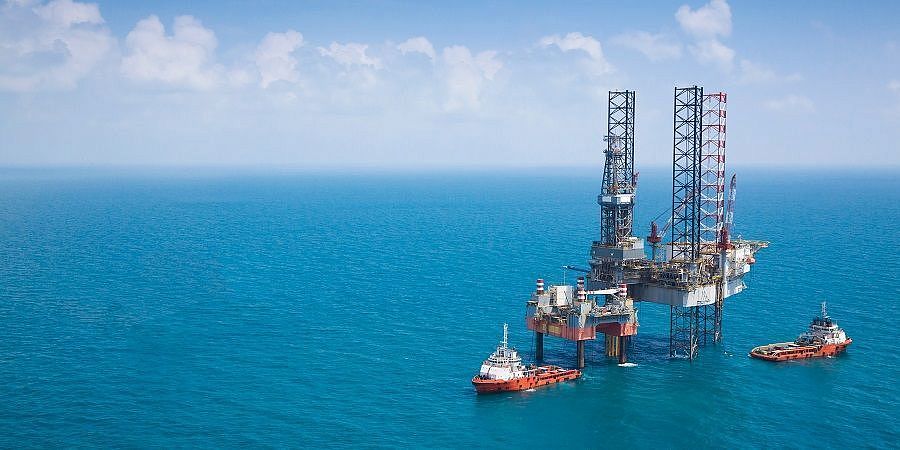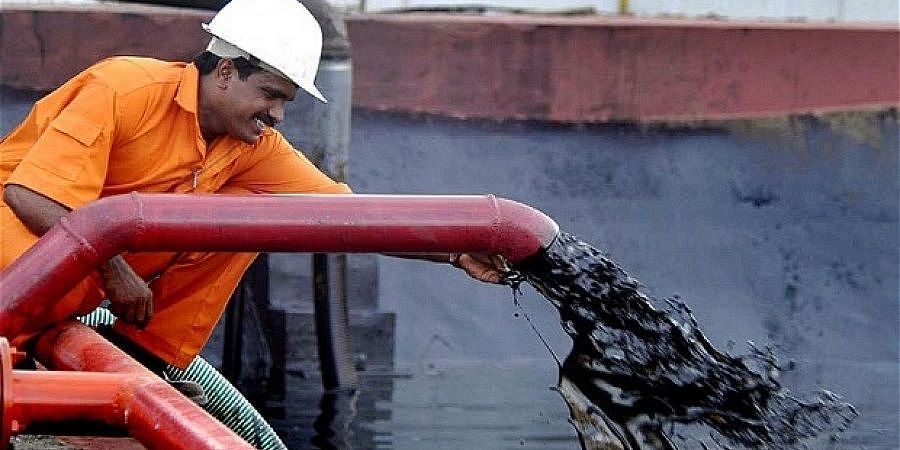The EU and Israeli working groups launched talks days after Energy Minister Karin Elharrar told The Jerusalem Post last month that Israel «will take full advantage» of the opportunity in the energy market offered by European sanctions on Russia over the invasion of Ukraine.
Cairo and Jerusalem signed an agreement in November to create a framework for transferring Israeli gas to Egypt.
Once the Russia-Ukraine conflict began in February, Elharrar and her Egyptian counterpart, Tarek El Molla, discussed how they could work together to fill some of the gaps left in the European energy market by sanctions on Russian gas.
Schillat explained:
- Egypt has 2 gas liquefaction facilities and is able to export gas to Europe, where they have the facilities to turn it back into gas
- Elharrar further discussed the matter with EU Commissioner for Energy Kadri Simson at the IEA’s conference in Paris in March, and later met with the European Commission’s vice president, who “officially asked for Israel’s help to get through the energy crisis
It will not only cover the current Ukraine crisis, but will allow Israel to provide Europe with gas in the longer term.
Schillat said:
- The Europeans and Americans expect that the energy crisis will influence the continent not only in the next couple of years but for the next decade as they try to reduce dependence on Russian gas
- Israel, as part of this effort, will have to build infrastructure to send more gas to Egypt and then to Europe
Gas exploration and production company Energean, which has the rights to the 2 blocs, has said it will bring Karish online as early as July.
Schillat said:
- Today, the local market uses 12 billion m3 (bcm) and we export another 4 to Egypt and 3 to Jordan
- We will start with low numbers [of additional exports] and increase as Israel’s capacity grows
Schillat stated:
- The ministry is not sticking to dogma and we are constantly reassessing our work, including our strategy for searching for more gas
- At the moment, there are searches for gas
- Energean said it just found an 8 bcm field near Haifa and there are more searches planned for this year
The EastMed Pipeline, a proposal to build the world’s longest gas pipeline from Israel to Europe via Greece and Cyprus, is not yet relevant to helping Europe resolve the gas crisis, Schillat explained, because it is too far from becoming a reality.
Last month, Karin Elharrar said that:
- The European energy market is facing a substantial shortage following the Russia crisis
- Israel sees an opportunity, and will take full advantage of it
Israel cannot take Russia’s place altogether, but eastern Mediterranean states can provide about 20 bcm annually, most of which would come from Israel.







